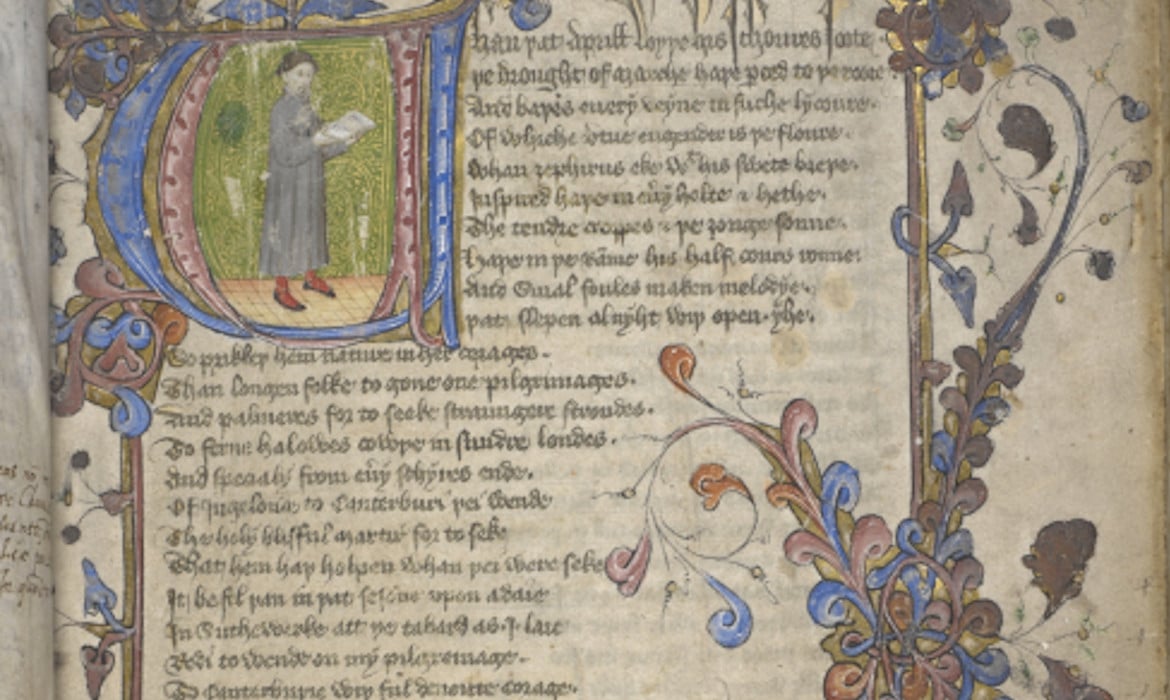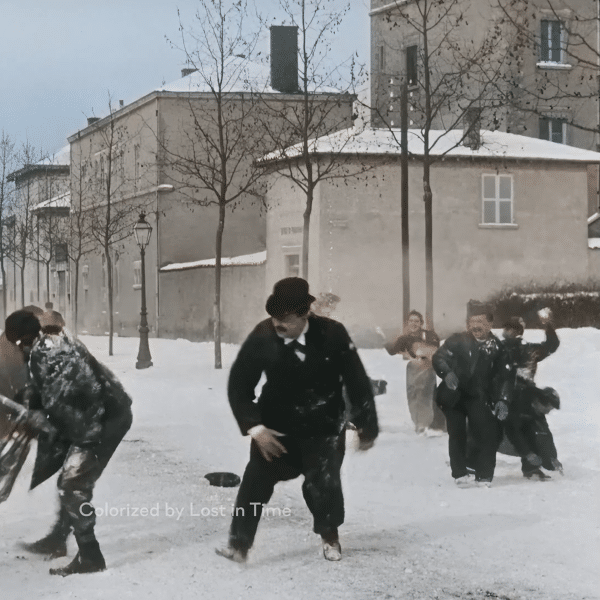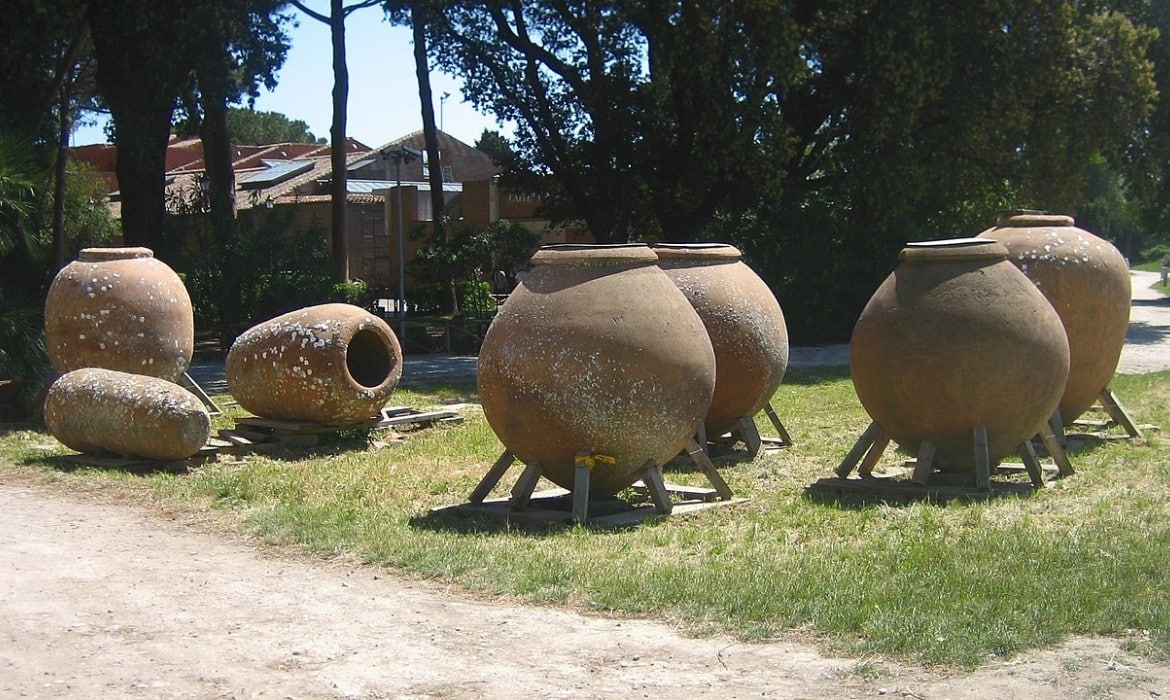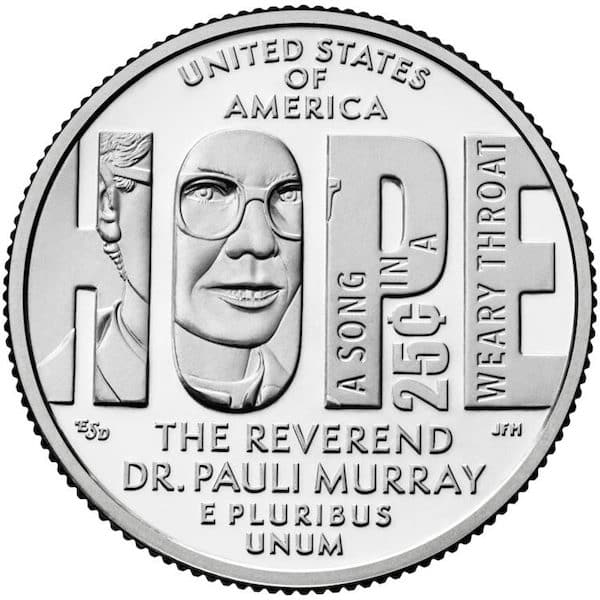25,000 Images of Medieval Geoffrey Chaucer Manuscripts Are Now Online
Geoffrey Chaucer's compelling work earned him the title of “father of English literature,” and his influence can still be felt over six centuries after his passing. His most famous book, The Canterbury Tales, was published around 1400, meaning its earliest incarnations weren't easily accessible for readers and academics around the world—until now. Recently, the British Library announced that they've completed the digitization of all of their pre-1600 manuscripts containing Chaucer’s works.






















































































